Insulation Chapel Hill NC

Rollout Insulation
Residential and Commercial

Spray Foam Insulation
Open or Closed Cell

Blown-In Insulation
Home or Business
Chapel Hill Insulation Pros
Attics is Chapel Hill Insulation Pros’ area of expertise as a firm that specializes in installing spray foam insulation. If you’ve ever arrived home on a scorching day and been relieved to get out of the heat, you already know how crucial it is to maintain a cool temperature inside your home. However, if the air in your home is exiting excessively, constantly operating the air conditioner or heater could result in expensive utility costs.
This is where Chapel Hill Insulation Pros comes in; we are insulation specialists who can assist you in locating the goods that are ideal for your home and your budget. We make it a point to inform our clients about all the available choices and then collaborate with them to discover the best solution for them. We provide both open and closed-cell spray foam insulation, one of the best products available today for maintaining the coziness and effectiveness of your home’s heating and cooling system.
We are concerned about the welfare of the neighborhood where we operate and work hard to give the highest quality of service. We know that there are many different options for insulation; however, the quality of our work separates us from the competition. Call us now for a no-obligation estimate, and let us know how we can assist you in making your house cozier and more cost-efficient.
Insulation Services
Residential Insulation
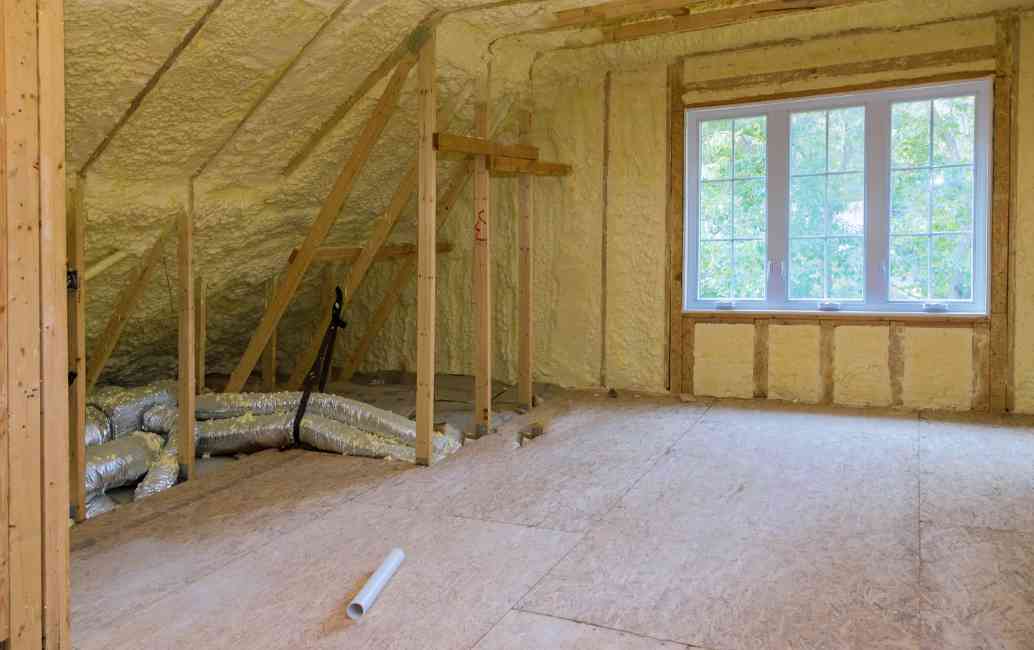
It was a surprise for many to hear that homes with poor insulation can lose up to sixty percent of the energy supplied through the walls and the attics. Because of the continuously climbing energy cost, it is more important than ever to insulate one’s home effectively. The attic, the crawlspace, and the inner walls of your home need to be insulated for residential insulation to be completed. Insulation’s many advantages are only expected to increase as new goods and technologies, such as spray foam insulation, become available.
Insulating your home correctly may keep it cool in the summer and warm in the winter while lowering your energy bills, enhancing the air quality within your home, providing additional structural support, and acting as a sound barrier. Your property may also be protected from vermin and other insects by properly installing insulation.
Chapel Hill Insulation Pros professionals can take care of any insulation job, regardless of its size. Our company specializes in insulating crawl spaces, basements, and attics. Visit the page on our website devoted to residential insulation for further details on each option.
Only the tip of the iceberg regarding the advantages of insulation has been covered. Visit our ” Benefits ” page to discover more about the positive aspects of effectively insulating your home.
Commercial Insulation
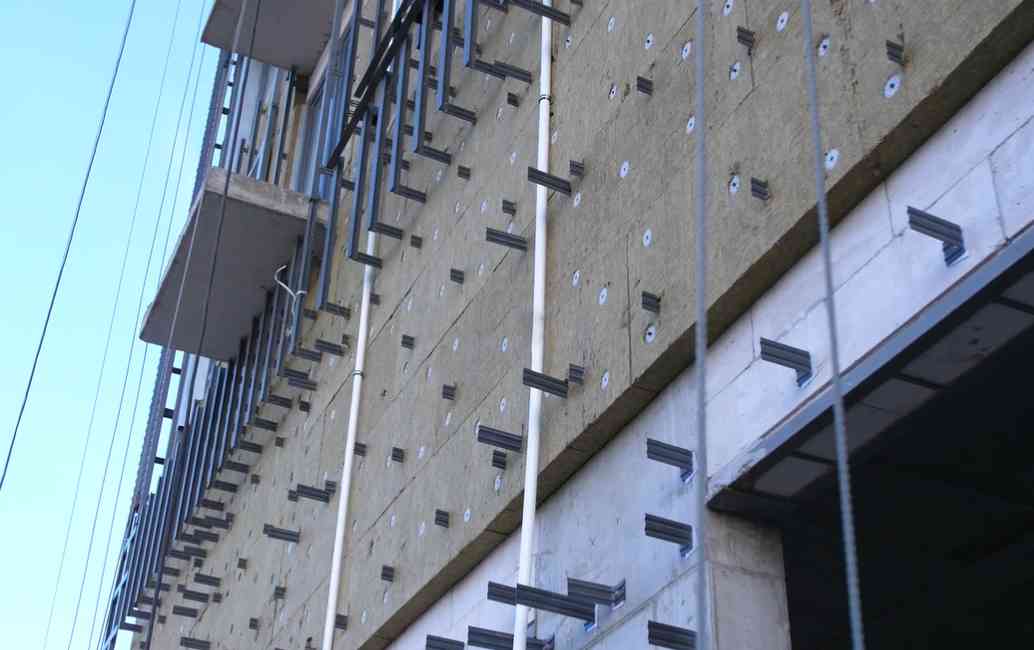
Whether you need insulation for a warehouse or a pole barn, Chapel Hill Insulation Pros is up to the task. They can tackle any business insulation project you can throw at them. We supply various commercial insulation products that deliver outstanding results in thermal and acoustic testing, and these goods are available for purchase from our company.
Even if you end up going with another company, we encourage you to give us a call so that we can assist you in determining which method will best meet the requirements of your commercial insulation project. We are the insulation partners of choice for many of the leading commercial developers in the region, and our mission is to handle everything so that you don’t have to be concerned about the insulation for your project.
Open Cell Spray Foam
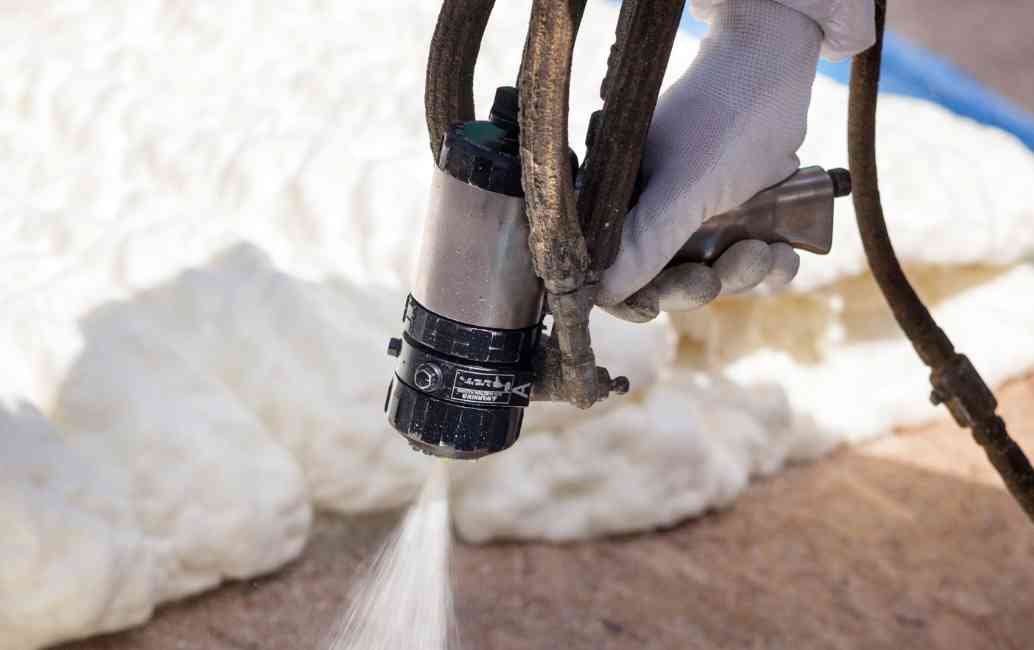
The “open” cell structure of open-cell spray foam insulation enables liquid water and vapors to move freely through the material. Compared to closed-cell spray foam, this type of foam insulation is more pliable and gentler to the touch.
You might be wondering why we would want the insulation to have a porous structure that allows water and vapors to pass through it. This is because open-cell spray foam allows water to move through it without producing a moist environment in that mold can thrive. This makes it ideal for usage in areas prone to mold growth, such as basements and crawl spaces.
Spray foam with open cells is more cost-effective than traditional spray foam because it requires less material but expands to a greater volume. However, depending on the nature of the project, there may be better choices. Contact Chapel Hill Insulation Pros experts for a no-cost consultation about which insulation solution will work best for your property or undertaking.
Closed Cell Spray Foam
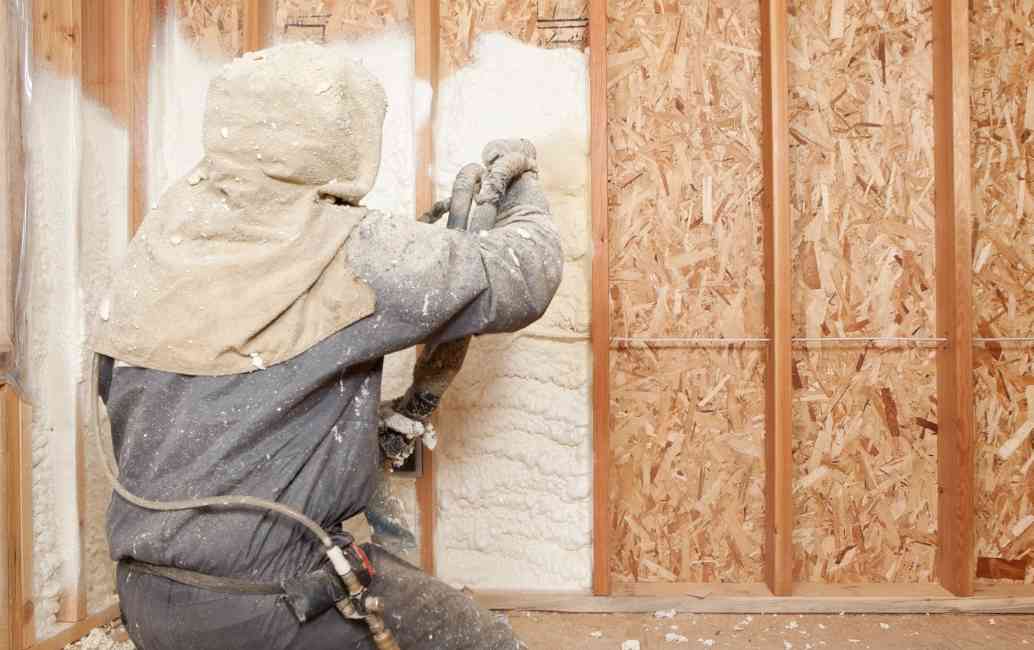
The closed cellular structure of the material gives closed-cell spray foam insulation its name. Due to this structure, closed-cell spray foam insulation is denser than open-cell foam. Since this, closed-cell spray foam can be utilized both on the interior and the outside of a structure since it creates a barrier against water and vapor.
It has a high R-value, which indicates that it is ideal for insulation in many climates, and it is also more rigid than open-cell foam, which helps to make your home structurally stronger. The combination of these two characteristics makes it an outstanding choice. The crawl space, walls, and foundations made of stone are ideal places to install closed-cell foam insulation because of their superior performance in these environments.
However, there may be better choices than closed-cell spray foam for your requirements. Please call us so we can provide a no-cost consultation if you need clarification on the insulation to purchase.
We’re your #1 Choice for Insulation in Chapel Hill, NC!
Why Choose Us?
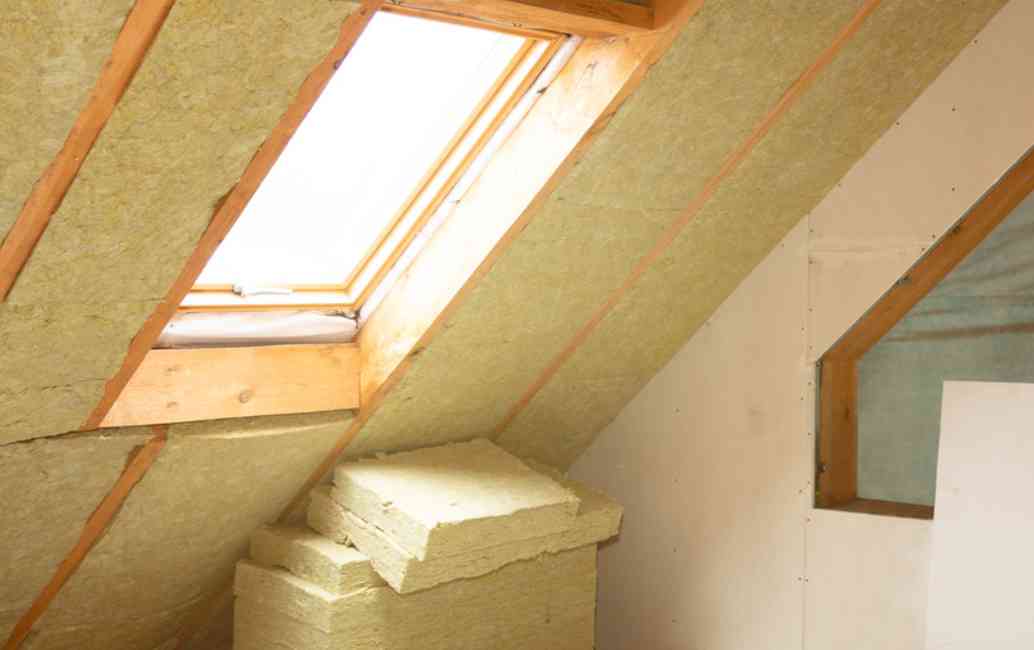
Care and Focus on Specifics
- Insist on hiring insulation professionals that are attentive to detail to ensure correct insulation application and avoid any issues in the future.
- Taking shortcuts is not an option because it would jeopardize both the effectiveness and safety of the insulation.
- We guarantee that we will do a tidy installation to ensure your satisfaction.
Planning
- For an insulation project to be effective, it is necessary to have a well-thought-out plan that can be carried out.
- We will consult with you to determine the most effective insulation product, remove any existing insulation, prepare the area, install the insulation, and then clean up the area after the installation.
Budget
- We know that financial constraints are among the most important considerations for homeowners.
- Our prices are reasonable, in line with the market, and open.
- The price that we quote is the price that you will pay in the end; no additional or unexpected costs are involved.
Clear Communication
- We take great satisfaction in our clear and concise communication and the fact that we enjoy what we do.
- We have a genuine passion for what we do and greatly enjoy getting to know and assisting community members.
- Although we are friendly and approachable, we do not take the quality of our work lightly.
How Does The Process Work?
- Give us a call today to set up an appointment for us to examine your project.
- We analyze your project and help advise you on the most effective insulation choices.
- Upon completing the free evaluation, we will present you with a competitive estimate based on the discussed strategy.
- We will set a convenient time for you to finish the job once you have indicated that you want to proceed.
- If it is necessary, we will remove any existing insulation.
- We make the necessary preparations for the installation of the materials.
- We insulate your home following the plan that we have presented to you.
- Before we vacate the premises, we give it a careful cleaning.
- You do not have to be concerned about anything while you get the benefits of having your home or business professionally insulated.
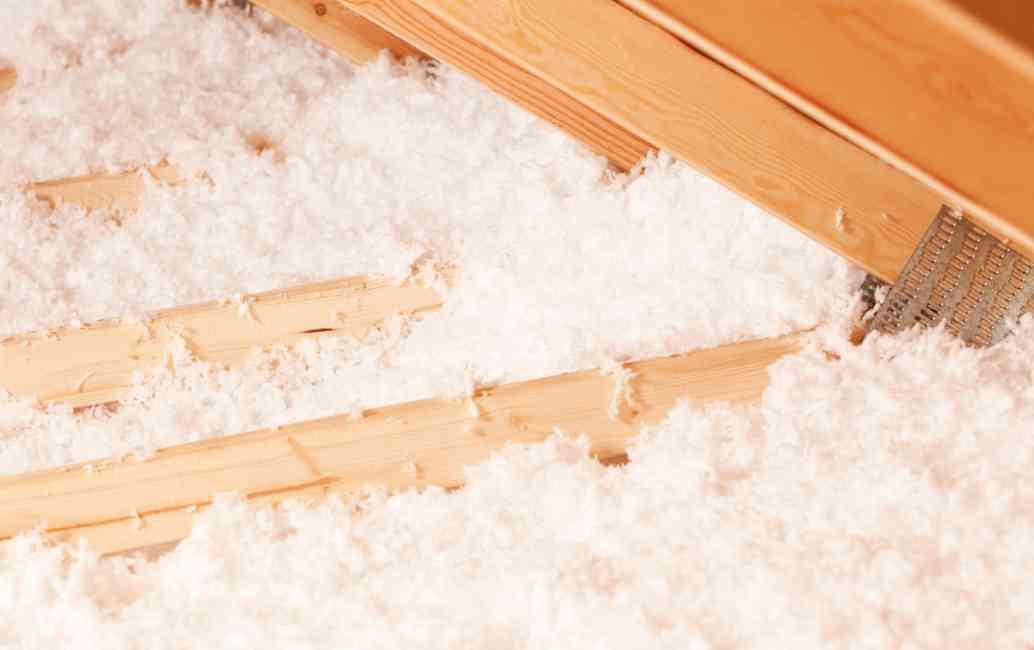
Our Frequently Asked Questions
Which Insulation Should I Buy?
Insulation is an essential component in creating a cozy environment in your home while also reducing its overall energy consumption. It accomplishes this by reducing the rate at which heat is transferred from the interior of your home to the exterior. And this is where the R-value comes into play; it is a measurement that determines how effective insulation is in preventing the movement of heat. Generally, the greater the R-value of the insulation material, the better it is at maintaining a comfortable temperature inside your home throughout the year, regardless of the season.
The R-value of insulation is typically provided by the manufacturer per inch of thickness; hence, the larger the thickness of the insulation, the higher the R-value. However, it is essential to keep in mind that the R-value recommended for insulation varies depending on a number of different aspects, such as the weather in your region, the type of insulation material utilized, and the location within the home that is being insulated. The R-value advised for a home’s attic will differ from what’s recommended for the walls or floors.
The Climate Zone Maps provided by the United States Department of Energy can assist in determining the R-value that is recommended for your region. As can be seen in the image supplied, Chapel Hill, North Carolina, is located in climate zones 3 and 4, which indicates that the R-value recommended for insulation in your home will differ depending on the zone where you live in. Therefore, it is essential to work with a professional insulation contractor who can assess the specific insulation needs of your home and provide the appropriate R-value for optimal energy efficiency and climate control. This can be accomplished by working with a licensed and insured insulation contractor.
What Insulation Products are Available?
There are now many different kinds of insulation available in addition to the traditional use of fiberglass. Spray foam insulation is becoming increasingly popular as a result of the numerous advantages it offers.
Open-cell and closed-cell spray foam insulation are the two most common varieties of this type of insulation. The R-value of open-cell insulation is lower, and the cost of open-cell insulation is lower. Closed-cell insulation, on the other hand, has a greater R-value but costs more. Installing spray foam insulation in a residential or commercial building is straightforward, but the resulting improvement in the building’s ability to conserve energy is substantial.
In addition, spray foam insulation is highly long-lasting and can withstand a lot of wear and tear. It works wonderfully as insulation in crawlspaces, basements, attics, and any other part of your house that you want to seal off from the cold. Because of its numerous advantages, spray foam insulation is quickly becoming the material of choice for an increasing number of residential and commercial buildings.
Why is R-Value Important?
When selecting insulation for your house or place of business, the R-value of the material is an essential consideration. This value assesses the ability of insulation to resist the flow of heat. Since higher R-values indicate incredible insulation performance, insulation should have a higher value. Simply put, the R-value suggests how successful the insulation will be at maintaining the temperature of your area, both throughout the colder and warmer summer months.
Choosing the appropriate R-value for your insulation depends on several different elements, including the climate in your region, the insulation already present in your space, and the particular area being insulated. Insulation with a higher R-value can help reduce energy consumption, saving money on heating and cooling bills and making the interior climate more comfortable.
When selecting insulation, it is essential to remember that R-value is not the only factor to consider. Other aspects, such as resistance to moisture, durability, and impact on the surrounding environment, also need to be considered. In addition, ensuring that the insulation is installed correctly is essential to achieving the most outstanding possible level of effectiveness, regardless of the R-value of the material.
Our Partners
Insulation Chapel Hill NC’s mission is to deliver superior insulation services that are by the industry’s highest ethical and responsibility standards. We know that your home or place of business reflects aspects of your personality and the level of care you take for it. Because of this, we take great pride in working with other companies that adhere to the same standards of excellence and values.
Our professional staff has years of experience and a wide range of talents in various home repair, efficiency, and enhancement services that can be tailored to meet your unique requirements. We have excellent service providers available for residential and commercial projects, so it doesn’t matter if you own a house or a company; we can handle either. We will work together with you to discover the most effective ways to improve the comfort of your space and the efficiency with which it uses energy, all while keeping your financial constraints in mind.
